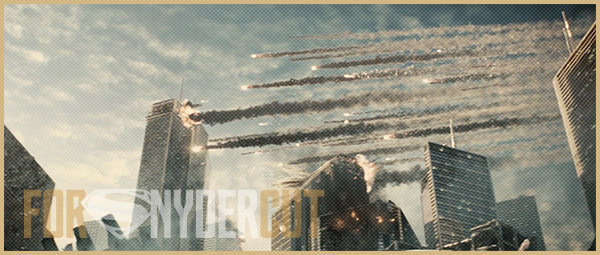
Emotional Intent in Movies: What should films make us feel ? by Matthew Zhong
My initial reaction on watching Man of Steel could be summed up in one word: unsettling. For some reason when I finished watching the movie I could only recall the scenes of the battles between Zod, Faora and Kal and the heaps of destruction that they had wrecked upon Metropolis City.
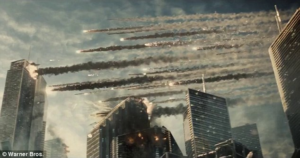
I felt sick and tired and even angry watching it, and at the time I had left the theater with the conclusion that Man of Steel had to be a bad movie because of that.
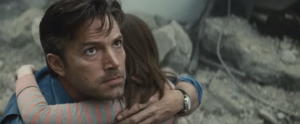
However, when I watched Batman V Superman in cinemas for the first time, something in me clicked. I saw the anger at the destruction on Bruce’s face. The way he so gently cradled the girl amongst the rubble and turned his hatred at the alien in the sky. In that moment I recognized his anger at the senseless destruction around him. I saw the look on his face and felt what he felt.
That was the moment when it occurred to me, “Maybe that could have been the director’s intention all along?” Maybe I was supposed to feel that way during those fight scenes in Man of Steel, it was intentional, and I had to re-evaluate my idea of what made a movie “great”.
I started thinking about other movies that I had watched in the past. I sat through Hunger (2008) by Steve McQueen, a movie which lasted both 96 minutes and an eternity.
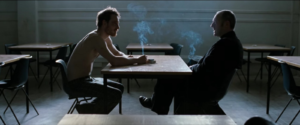
This movie was not for the faint hearted. It was an emotionally grueling journey as the director brought the audience along Bobby Sands’ hunger strike. It had a famously long 17 min shot of Bobby talking to Father Moran. That extremely long 17 minute shot made me restless. It made me want to pause the movie on my laptop, take a break, get a snack, fast forward so that I could be relieved from that boredom. But I realized that the filmmaker made that shot for a reason. And so I sat.

There were quite a few instances in McQueen’s other movies such as Shame and 12 Years A Slave where you become acutely aware that even though you started to watch the movie for entertainment, the scenes and the emotions portrayed aren’t easy to digest. The scenes sometimes stretched out forever, making the feelings of being trapped, of monotony, of restlessness really sink in to the audience and make them process what is going on in the movie. It’s weighty, it’s ugly, and it sticks in your mind for a very long time. And maybe they’re meant to.

But Steve McQueen is commonly hailed as an arthouse director. Would this paradigm of emotional intent work in comic book movies?
To answer this, I started thinking back to the Justice League and Teen Titan cartoons that I used to watch. It wasn’t all sunshine and rainbows. There were situations in which characters had to make tough decisions. There were times when things didn’t turn out alright despite their best efforts. I think that’s what endeared me to these characters even more.
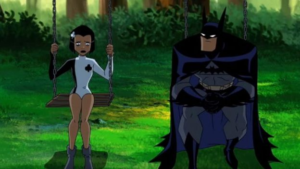
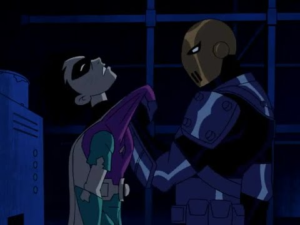
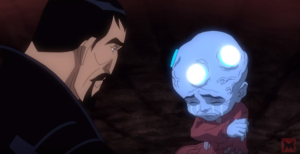
Comics and animation is supposed to be a medium rather than a genre, within which there is room for light hearted, heart warming and happy stories. But there is also room for stories about death, sorrow, destruction as well, because these stories also deserve to be told and people deserve to hear about them as well.
After Batman V Superman I started to have a greater appreciation for Zack’s movies and his motive behind making them. His some of his scenes induce fear, some induce anger and some induce sorrow. But these scenes are also what make the characters feel real, that their actions have consequences, so that as the audience we can feel the same joy that they feel when they eventually triumph in the end.
What Zack Snyder and Chris Terrio did was beautifully set up a world with real consequences and stakes, where things were messy and choices were difficult. The characters needed to learn to navigate this world and become heroes. The struggle is difficult and the emotions through this struggle was intense, but so was the joy that came with seeing Kal-El take flight for the first time.
Man of Steel was Superman’s coming of age story, and the Batman V Superman was Batman’s redemption arc, and through these stories these characters had struggled and grown, and I wish to see these characters triumph, to feel that they have struggled and grown for a reason, and that’s why I want to see Zack’s vision for these two characters in his version of Justice League.
Share the post "Emotional Intent in Movies: What should films make us feel ? by Matthew Zhong"
